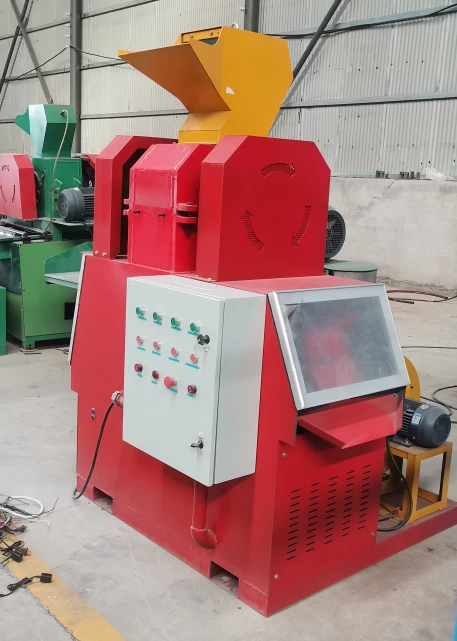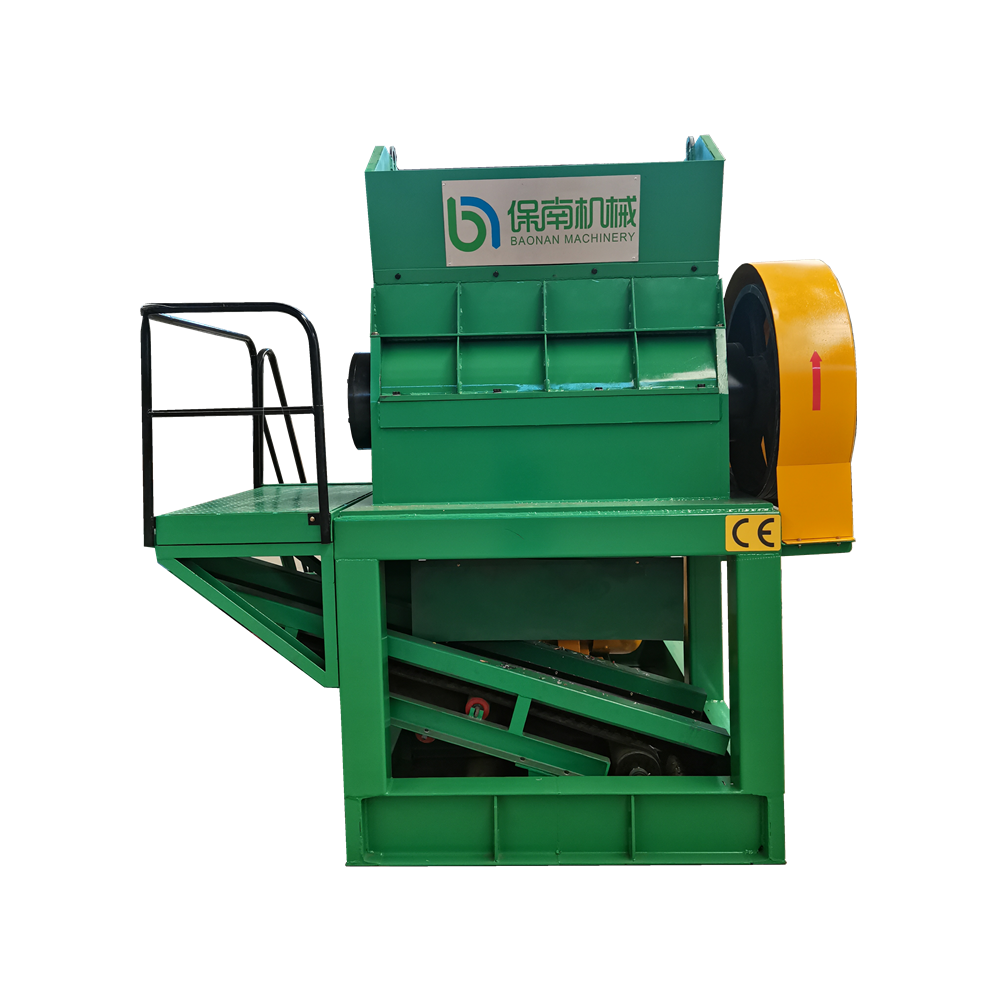In today's technologically driven world, e-waste is fast becoming one of the most talked-about environmental challenges. Electronic waste, often referred to as e-waste, encompasses everything from discarded smartphones and computers to obsolete household appliances. With electronic equipment integrating deeply into our lives, proper disposal methods are paramount to maintaining both ecological balance and human health. Effective management of e-waste requires not only an understanding of recycling processes but also actionable steps that can be implemented at the individual and organizational levels.

To kick off effective e-waste management, recognize that not all electronic waste is created equal. Devices vary widely in terms of materials, including precious metals, hazardous substances, and recyclable components. Therefore, a critical first step is taking inventory of your e-waste. By identifying and categorizing appliances based on their material composition and condition, you can better decide the appropriate disposal route.
Recycling is the backbone of e-waste management. However, successful recycling goes beyond merely offloading old devices; it involves directing them towards certified e-waste recycling facilities. These facilities are equipped with the expertise to dismantle electronics safely and efficiently, extracting valuable metals like gold, silver, and copper, while isolating toxic substances such as lead and mercury to mitigate their environmental impact. When exploring recycling options, look for facilities with certifications for responsible recycling practices, such as e-Stewards or R2.

On an individual level, extend the lifespan of your electronics as a primary defense against e-waste accumulation. Practicing mindful consumption by favoring high-quality products with repairable designs can significantly reduce the flow of electronic waste. Embrace software updates that improve device performance, replace worn-out components instead of entire gadgets, and finally, pass on functional devices to new users through resale or donation.
Upcycling represents another creative avenue to deal with e-waste. By transforming obsolete electronics into art or functional objects, individuals not only reduce waste but also engage in a stimulating practice that showcases innovative uses for discarded materials. For businesses, fostering an internal culture of sustainability can be a game-changer. By implementing comprehensive e-waste policies and educating employees about responsible disposal, companies take a leadership role in environmental stewardship. Encouraging corporate partnerships with trusted recycling firms and conducting regular e-waste audits can set a standard for ecological accountability.
how to properly dispose e waste
Engaging communities in e-waste initiatives amplifies efforts on a broader scale. Organizing electronic waste collection drives or swap events contributes to a collective effort while also heightening awareness. Such community activities can spark partnerships with local governments and nonprofits to create robust e-waste programs that provide easy and reliable options for all citizens.
Technological advancements offer new frontiers in e-waste management. Scientists and innovators are developing novel ways to recycle rechargeable batteries and devise bio-leaching processes to recover metals using environmentally benign methods. Being informed about these emerging technologies and supporting their adoption can further transform e-waste handling into a sustainable practice.
Ultimately, navigating the complexities of electronic waste disposal requires a conscientious blend of individual responsibility and systemic change. By incorporating these practices into daily routines, individuals and organizations can contribute meaningfully to narrowing the electronic waste stream, bolstering environmental integrity, and paving the way for a healthier future. Trust and credibility in dealing with e-waste arise from a commitment to transparency, continuous education, and the endorsement of certified practices that resonate with environmentally-conscious values.
Presence in the market of e-waste management solutions requires staying ahead of trends, adopting best practices, and committing to permanent improvement. By embracing a comprehensive and integrative approach, the daunting task of managing e-waste becomes a series of achievable steps leading to a sustainable impact.


